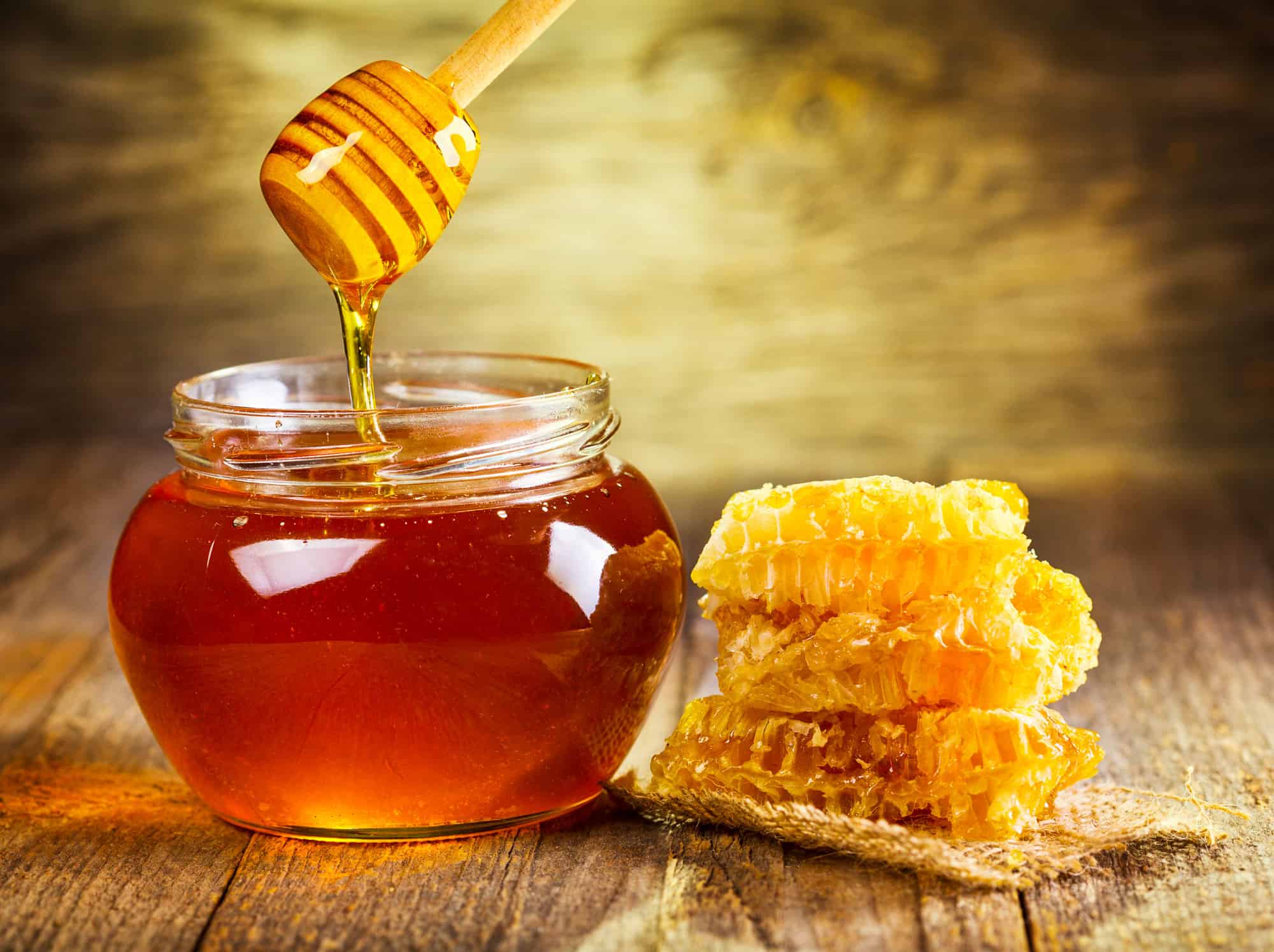
The Sweet Secret of Immortal Honey: A Culinary Treasure Unearthed from Ancient Egyptian Tombs
By Adedayo Oyetoke, Published on: October 10th 2023 3 min, 512 word Views: 1280
When we think of perishable foods, honey probably isn't the first thing that comes to mind. Yet, this luscious, golden nectar has a remarkable secret: it never spoils. Archaeologists have made an astonishing discovery in ancient Egyptian tombs – pots of honey that are over 3,000 years old and still perfectly edible. How is this possible, you ask? The answer lies in honey's unique natural composition, with low water content and high acidity, which creates an environment that prevents the growth of microorganisms, making it a culinary treasure with an indefinite shelf life.
1. Honey's Ancient Origins:
Honey's history stretches back thousands of years, and it has been treasured as a food source and for its medicinal properties in various cultures worldwide. The ancient Egyptians, known for their advanced understanding of preserving food, considered honey a delicacy and an essential part of their daily lives.
2. The Astonishing Discovery:
Archaeologists exploring Egyptian tombs have unearthed pots of honey that date back to the time of the Pharaohs. What's truly remarkable is that this honey remains as delicious and safe to eat as it was over three millennia ago. This discovery provides us with a glimpse into the culinary habits and preservation techniques of the ancient Egyptians.
3. The Science Behind Eternal Honey:
Honey's impressive longevity can be attributed to its unique composition. It has a low water content of approximately 18%, and its high acidity, with a pH of around 3.9, creates an environment that is inhospitable to most microorganisms. In essence, honey's natural characteristics act as a preservative, making it an ideal long-term food storage option.
4. Inhibiting Microbial Growth:
The low water content in honey, combined with its high sugar concentration, makes it an inhospitable environment for bacteria and other microorganisms. Additionally, bees add an enzyme called glucose oxidase during the honey-making process, which produces small amounts of hydrogen peroxide, further preventing spoilage.
5. A Culinary Time Capsule:
The pots of honey found in Egyptian tombs offer a fascinating glimpse into the past. They not only provide us with insights into the culinary tastes of ancient civilizations but also raise questions about how they managed to store food for such extended periods without the aid of modern preservation techniques.
6. Honey's Modern Applications:
While honey's indestructible nature is a fascinating historical fact, it continues to be a beloved and versatile ingredient in modern cuisine and natural medicine. It's used in everything from soothing sore throats to enhancing the flavors of gourmet dishes.
Conclusion:
The discovery of 3,000-year-old pots of honey in ancient Egyptian tombs is a testament to the remarkable qualities of this golden liquid. Honey's natural composition, with low water content and high acidity, prevents the growth of microorganisms, essentially preserving it indefinitely. This culinary time capsule not only showcases the longevity of honey but also serves as a link to the past, offering a taste of the ancient world that continues to sweeten our lives today. So, the next time you drizzle honey on your morning pancakes or add it to a cup of tea, remember that you're enjoying a taste of history, one that never truly spoils.
